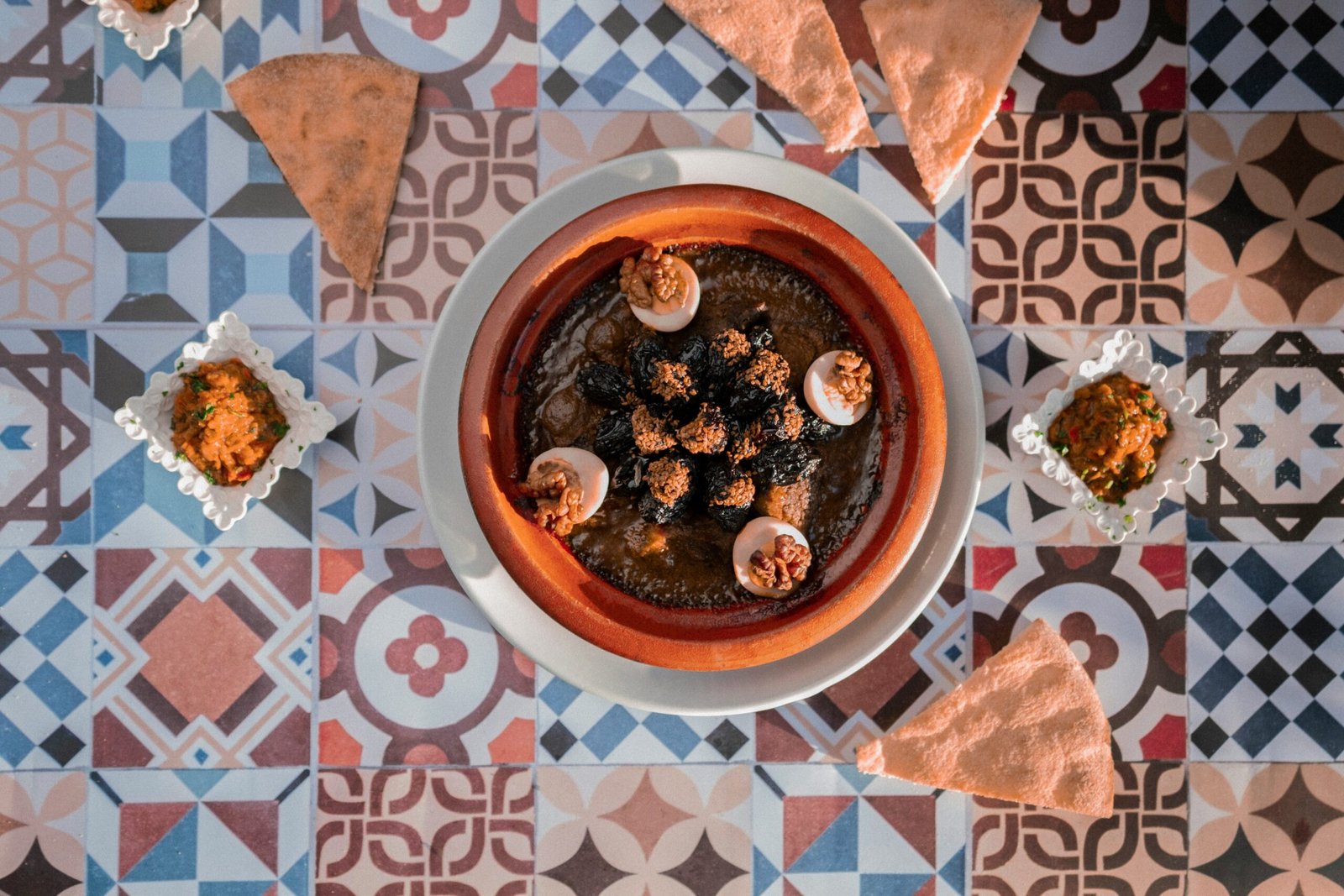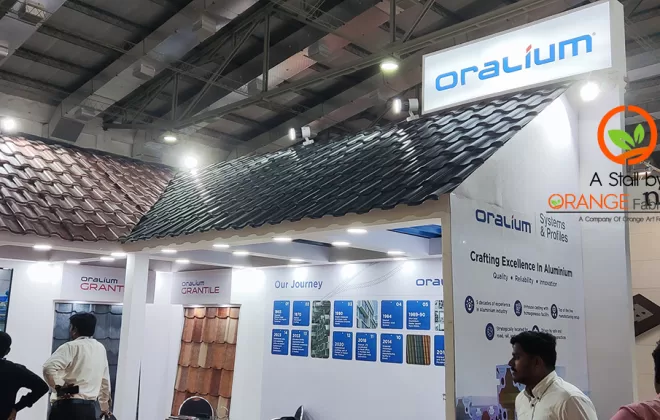Discovering Hyderabad: A Journey Through Its Diversity, Food, and Culture
A Melting Pot of Cultures: The Diversity of Hyderabad
Hyderabad stands as a testament to the seamless coexistence of diverse communities, each contributing to the city’s vibrant tapestry. This metropolis, known for its rich history, has seen the amalgamation of various civilizations, religions, and ethnicities over centuries. The historical influences of the Mughal, Qutb Shahi, and Nizam eras have left an indelible mark on its cultural landscape, creating a unique fusion that is distinctly Hyderabadi.
The city is home to a multitude of communities, including Hindus, Muslims, Christians, and others, each adding their own flavor to the cultural mix. The architectural marvels of Hyderabad, from the grandeur of the Charminar to the opulence of Chowmahalla Palace, reflect this diverse heritage. These structures not only stand as historical landmarks but also as symbols of the harmonious coexistence of different communities.
Languages spoken in Hyderabad further illustrate its multifaceted identity. Telugu, the official language of Telangana, is widely spoken, along with Urdu, which has deep historical roots in the region. English, too, is prevalent, especially in business and educational contexts. This linguistic diversity is a direct reflection of the city’s inclusive nature, where multiple languages coexist and thrive.
Anecdotes from residents offer a glimpse into the everyday harmony that defines Hyderabad. As one local remarked, “Hyderabad is not just a city; it’s an experience. Here, you can hear the call to prayer from a mosque, the ringing of church bells, and temple chants all in the same neighborhood. It’s a place where different cultures don’t just meet; they blend seamlessly.”
The cultural festivals celebrated in Hyderabad are a testament to its diversity. Festivals like Diwali, Eid, and Christmas are celebrated with equal fervor, bringing people together in joyous unity. The city’s cultural diversity is not just a facet of its past but a living, breathing reality that continues to thrive, making Hyderabad a true melting pot of cultures.
Culinary Delights: Exploring Hyderabad’s Food Scene
Renowned for its rich culinary heritage, Hyderabad offers a unique gastronomic experience that seamlessly blends Mughlai, Persian, and local Andhra influences. The city’s cuisine is best epitomized by its world-famous Hyderabadi Biryani, a fragrant rice dish that combines basmati rice, tender meat, and an array of aromatic spices. This iconic dish is traditionally cooked in a ‘dum’ style, where the rice and meat are slow-cooked together in a sealed pot, allowing the flavors to meld perfectly.
Another culinary gem is Haleem, a hearty stew made from wheat, barley, meat, lentils, and spices, slow-cooked to a creamy consistency. This dish is especially popular during the holy month of Ramadan. Kebabs, too, hold a special place in Hyderabadi food culture, with varieties like Shikampuri, Seekh, and Patthar ka Gosht tantalizing the taste buds of locals and visitors alike.
The traditional cooking methods and the use of spices such as saffron, cardamom, cloves, and dried fruits lend Hyderabadi food its distinctive flavors. The bustling food markets of Hyderabad, such as Laad Bazaar and Moazzam Jahi Market, are treasure troves for those seeking authentic ingredients and local delicacies. Street food vendors at places like Tank Bund and Charminar offer an array of savory snacks, from spicy Mirchi Bajji to sweet Qubani ka Meetha.
For a fine dining experience, establishments like Shadab, Paradise, and Bawarchi serve meticulously crafted dishes that pay homage to the city’s culinary traditions. Food festivals and events, such as the Hyderabad Food Festival and the Deccan Festival, further showcase the city’s diverse food culture, attracting gourmands from across the globe.
Adding depth to this culinary narrative, we spoke with Chef Ramesh, a local culinary expert, who emphasized the importance of preserving traditional recipes while embracing modern techniques. Food critic Ananya Rao highlighted the city’s evolving food scene, noting the emergence of fusion cuisines that blend traditional Hyderabadi flavors with contemporary twists.
Cultural Heritage: Traditions and Festivals
Hyderabad, a city steeped in rich cultural heritage, is a melting pot of traditions and festivals that reflect its diverse populace. Major festivals such as Diwali, Eid, Bonalu, and Christmas are celebrated with great enthusiasm, showcasing the city’s communal harmony. During Diwali, the festival of lights, the city is adorned with vibrant decorations, and families gather to light lamps and burst fireworks. Eid, marking the end of Ramadan, sees the city come alive with feasts, prayers, and communal gatherings. Bonalu, a traditional festival unique to Telangana, is dedicated to the goddess Mahakali and is celebrated with colorful processions and folk dances. Christmas in Hyderabad is marked by midnight masses, carol singing, and festive markets.
Hyderabad’s cultural scene is also enriched by its traditional art forms. Classical dance forms like Kuchipudi and Perini Sivatandavam are performed in various cultural festivals and institutions. The city is also home to a thriving music scene, with traditional Carnatic music concerts being a regular feature. Handicrafts such as Pochampally sarees, known for their intricate ikat patterns, and Bidriware, a unique metalwork art form, are highly prized and contribute to the city’s artistic heritage.
Historical landmarks and cultural institutions form the backbone of Hyderabad’s cultural identity. The iconic Charminar, built in 1591, stands as a symbol of the city’s architectural grandeur. Golconda Fort, with its majestic ruins, tells the story of Hyderabad’s regal past. The Salar Jung Museum houses an extensive collection of art and artifacts from around the world, while the Chowmahalla Palace, once the seat of the Asaf Jahi dynasty, offers a glimpse into the opulent lifestyle of the Nizams. These landmarks not only attract tourists from across the globe but also serve as reminders of Hyderabad’s glorious history and its cultural legacy.
Collectively, these traditions, festivals, art forms, and historical sites weave a rich tapestry that defines Hyderabad’s cultural fabric. They not only bring together the diverse communities within the city but also position Hyderabad as a beacon of cultural heritage and a prime destination for cultural tourism.
Modern Hyderabad: Balancing Tradition and Innovation
Hyderabad, a city steeped in history, has adeptly positioned itself as a modern metropolis, harmoniously blending tradition with innovation. This transformation is perhaps most evident in the rise of ‘Cyberabad,’ a moniker that encapsulates Hyderabad’s evolution into a major IT and business hub. The growth of the tech industry in Hyderabad has been nothing short of remarkable. The establishment of HITEC City has attracted global tech giants like Microsoft, Google, and Facebook, making the city a significant player on the international stage. This influx of technology-driven business has not only spurred economic growth but also fostered a dynamic environment for startups and entrepreneurs.
Infrastructure development has been a crucial factor in Hyderabad’s modernization. The Hyderabad Metro, a significant urban transit project, has enhanced connectivity across the city, easing commutes and reducing traffic congestion. Additionally, the Rajiv Gandhi International Airport stands as a testament to Hyderabad’s global connectivity, facilitating international business and tourism. These developments in infrastructure underscore the city’s commitment to becoming a world-class urban center.
Despite this rapid modernization, Hyderabad remains deeply rooted in its rich cultural heritage. The cityscape is a juxtaposition of the old and the new, with areas like Banjara Hills and Jubilee Hills showcasing upscale modern living, while the historic Old City retains its traditional charm, with landmarks such as the Charminar and Mecca Masjid. This blend of the contemporary and the historical is a unique characteristic of Hyderabad, providing residents and visitors with a diverse experience.
Balancing this dual identity presents both challenges and opportunities. The city must navigate issues such as urban sprawl and the preservation of heritage sites while continuing to foster economic growth and innovation. Nevertheless, Hyderabad’s ability to embrace both its storied past and its promising future is what makes it a remarkable and resilient city. The ongoing synthesis of tradition and modernity ensures that Hyderabad remains a vibrant and dynamic place to live, work, and explore.




